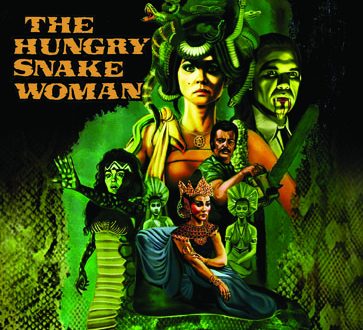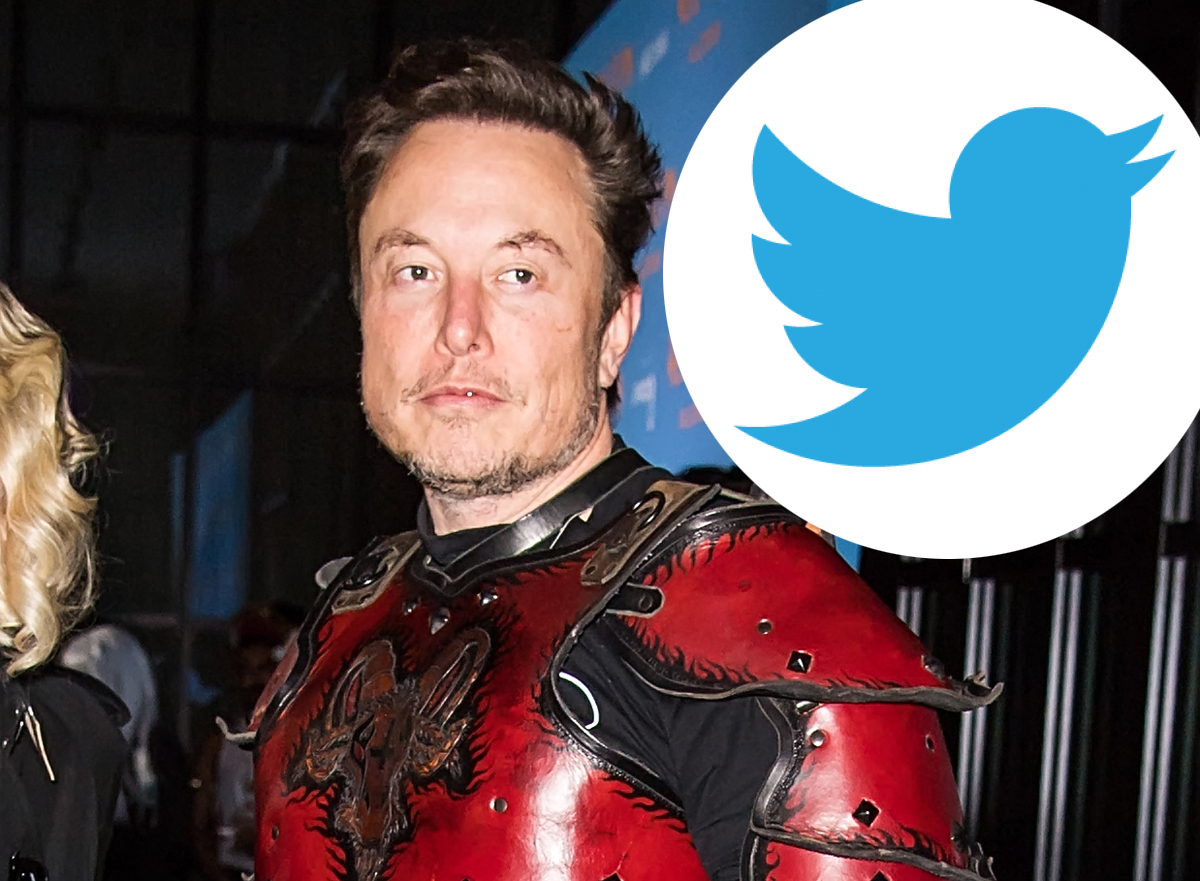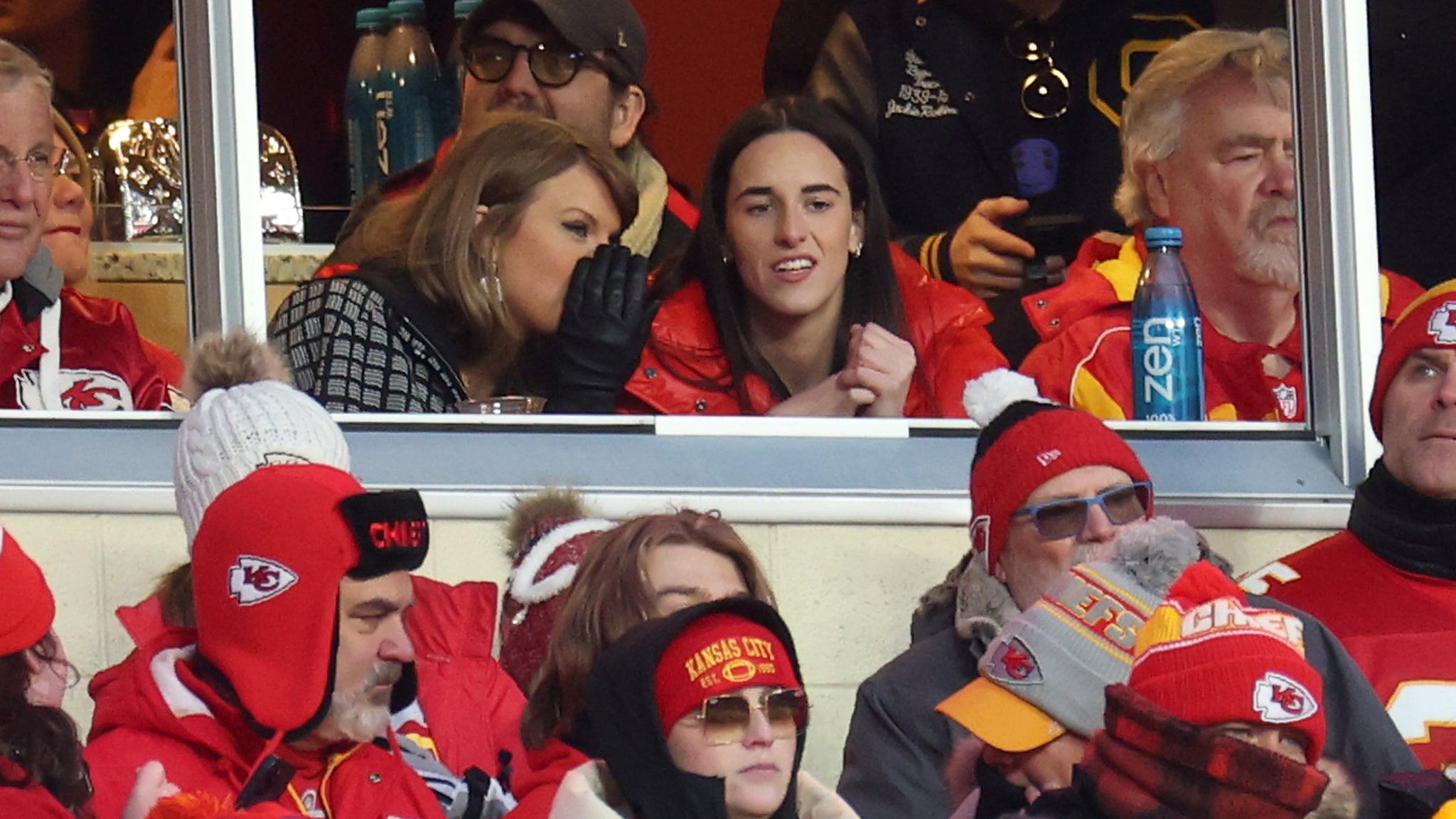The general audience didn’t want it, but they still got it, and now it is a cult classic that can be found on the shelves of all obsessive horror movie collectors. There is no doubt that Silent Night, Deadly Night was the “one” when it comes to violating all of the conventions concerning movies around Christmas time. Even though films like Black Christmas were released long before Silent Night, Deadly Night the controversy of a Santa Claus killer had never been brought to the big screen before.
This 1984 American psychological slasher film was directed by Charles E. Sellier, Jr. and stars Robert Brian Wilson, Lilyan Chauvin, Gilmer McCormick, Toni Nero, Linnea Quigley, Britt Leach, and Leo Geter. The protagonist, Billy, is a young guy who suffers from post-traumatic stress disorder after growing up in an oppressive Catholic orphanage and witnessing the brutal murder of his parents on Christmas Eve by a man dressed as Santa Claus. When he’s an adult, the Christmas season triggers a mental collapse, and he emerges as a Santa-suited spree murderer.
The Controversy Around Silent Night, Deadly Night

Tri-Star Pictures premiered the movie on November 9, 1984, to much controversy due to the film’s depiction of a murderous Santa Claus in its marketing and in the film itself. It was withdrawn from cinemas a week after its debut and met with negative reviews. Its first week of release, however, was a financial triumph, earning $2.5 million against a $750,000 budget. After its first run in theatres, it gained a devoted fan base and eventually created a franchise that includes four direct sequels, two more films that bear little to no resemblance to the first, and a 2012 remake that is only loosely connected to the source material. A new version was scheduled for release in 2022, but there is no sign of it at this time.
The marketing campaign for the film Silent Night, Deadly Night which was released in the 1980s, caused a great deal of controversy since it prominently portrayed the killer dressed as Santa Claus. The Parent Teacher Association (PTA) led a campaign to have this movie pulled from theatres due to the content of the film as well as the timing of its release around the holiday season. This was done despite the fact that a previous movie with a similar premise, Christmas Evil, had slipped under the radar without anyone noticing. Parents were expressing concern that their children had developed a phobia of Santa Claus as a result of the ads that ran in the breaks between episodes of family-friendly television series like Little House on the Prairie. The film’s premiere on the East Coast took place at the Inter-boro Quad Theater in none other then New York City. During the screening, protesters picketed the event and sang Christmas carols, which drew enormous crowds (mostly angry families) to theatres and shopping malls around the country.
Tri-Star Pictures, the Silent Night, Deadly Night’s first distributor, took down all promotional material after it had been shown in theatres for only six days. This occurred on November 19. As a direct response to the subsequent outcry, the movie in question had its release abruptly cancelled not long after. In an interview with People magazine, producer Ira Barmak provided the following response to the criticism offered by the general public: “Many people have taken offence to the fact that Santa Claus has been used in a terrifying context… Santa Claus is a made-up, mythical character; he is not a god. “I didn’t want to be insensitive, and I didn’t think there would be any grounds for criticism if I did it, so I didn’t.” In a Christmas editorial for Variety, it was written that “the majority of objections were driven by the assumption that the portrayal of a killer in Santa Claus garb would traumatize children and shatter their normal trust in Santa Claus.” Following the publication of long reviews in which Gene Siskel and Roger Ebert lambasted the movie, the chorus of displeasure became louder and more widespread.

The Plot of Silent Night, Deadly Night
Little Billy (Jonathan Best), his mom and dad (Tara Buckman and Jeff Hanesen), and his younger sibling (Melissa Best) are on the road on December 25, although where they’re headed has never been specified. They stop at the Utah State Mental Hospital to see Billy’s grandfather, Will Hare, who is in a coma while on the road. Parents leave their kid Billy alone with his frightening grandfather for a few minutes, and the old guy comes back to life long enough to scare the living daylights out of Billy by informing him that Santa is very strict with children who haven’t been nice all year.
Later that night, on a deserted stretch of highway, Billy’s parents are waved down by a guy in a Santa costume who is tending to a broken-down vehicle. Santa is really a small-time robber that has just shot and killed the shop clerk he stole, and he doesn’t waste any time until he takes care of Billy’s dad in the same brutal fashion. Billy runs away and hides by the roadside, whereupon he witnesses Santa beating his mother and then slashing her neck.
Billy (Danny Wagner), who has been without a parent for the past three years, is currently living in a home that is run by nuns. The holiday season brings about a marked deterioration in Billy’s behaviour, which comes as no surprise to everyone. His disdain for Santa is made much worse by Mother Superior’s (Lilyan Chauvin) attempts to cure him by having him sit on Santa’s knee or being chained to his bed, both of which he finds extremely offensive.
After ten years, in 1984, Billy is now a rangy eighteen-year-old who has recently been employed by Sister Margaret at Sims Toy Store. He is now portrayed by Robert Brian Wilson, who had previously played Billy. Initially, Billy is a perfect employee; but, as Christmas approaches and imagery of Santa Claus becomes increasingly apparent, he becomes obviously uncomfortable. Billy’s discomfort can be seen. When the store’s regular Santa had to call in sick and he was asked to stand in for him, his mental health was already in a fragile state. Billy had swiftly acquired a festive axe and was on his way to begin the rampage that would see him murder the whole staff of Sim’s Toy Store in addition to a few random passersby whom he judged to be deserving of severe retribution.
Now that we’ve reached the beginning of the movie, let me tell you that things are only going to become more exciting from here on out. I won’t say anything more about the movie in case any of you have not yet had the opportunity to watch it. Continue reading for facts and our opinion on the film.
The Trailer
There were various trailers for the film over the years but the original is still the best in all of its glory enjoy the uncut, original VHS/Cable quality trailer for Silent Night, Deadly Night.
Facts about Silent Night, Deadly Night
- Released the same weekend as A Nightmare on Elm Street (1984), and briefly outgrossed it by approximately $161,800; however, the film’s gross dropped by around 45% during the second weekend, even before it was withdrawn from cinemas, because it was playing in more than twice as many cinemas as “Nightmare.”
- During development, this movie was referred to by its working title, “Slayride.” At the very last minute, Tri-Star made the decision to alter the title of the movie to “Silent Night, Deadly Night.”
- Mickey Rooney was a loud critic of the picture in 1984, thus it came as a surprise when he featured in the sequel, Silent Night, Deadly Night 5: The Toy Maker (1991). This led some to accuse him of hypocrisy. Considering his emotions about the previous film, it has been speculated that Rooney would not have participated in the film had he known that it was a Silent Night, Deadly Night sequel before filming started and the film had been filmed under the title The Toy Maker.
- Citizens Against Movie Madness was the name of the organization that was founded to oppose the movie and try to have it banned from theatres.
- After the film’s broad distribution, outraged parents picketed cinemas showing it, demanding that customers sign petitions to ban it. The movie was taken off shelves two weeks later.
- Due to concerns about the picture receiving an X classification, the length of the film was cut from 85 minutes to 79. Some more gore and character development were inserted in the edited sequences. In order to make an unedited version of the picture for its Blu-ray release, a search was made for the lost material, and although it was eventually located in a TriStar Pictures vault, its quality was so bad that restoration was impossible. The quality difference between the original theatre footage and the Standard Definition Inserts is readily apparent while viewing the Blu-ray.
- Including the cashier, Billy’s parents, Andy, Pamela, Mr. Sims, Mrs. Randall, Denise, Tommy, Bob, Mac (off-screen), Father O’Brien, Officer Barnes, and Billy, there are a total of 14 dead people. Since the cashier and Billy’s parents were slain in the prologue, the total number of persons Billy killed is 9. Father O’Brien was shot by Barnes because he was misidentified as Billy, and Billy was shot dead by Officer Richards.
Bugs and Mistakes
- During the performance of “O Come, All Ye Faithful,” the children’s lips are not in sync with the music or the lyrics.
- Andy confronts Billy about his shift in demeanour during the holidays after learning that Billy started working at the business “two months ago,” implying that Billy started in the summer or autumn. Billy’s hiring was shown to have occurred in the springtime earlier in the film.
- In the opening moments of the film, while Billy and his family are making their way across the country, the radio twice announces that the temperature has dropped into the low 20s. No one in the household has bothered to put on winter jackets or other outerwear, despite the bitter cold.
- The blood from the knife wound in Billy’s mother emerges before the knife even enters the flesh. Prior to the murderer being able to slit her neck, however, the cut opens up on its own.
- It’s obvious that Billy is too short to use the antlers to skewer Denise.
My thoughts on Silent Night, Deadly Night (1984)
Poor Billy: when he was just five years old, he was left in the care of his grandfather, Will Hare, who had already instilled negative beliefs about Santa Claus in Billy’s developing mind. The first and most prominent of these misconceptions is the idea that misbehaving children would be severely punished by Santa Claus rather than just having their presents withheld. Later that night, he is a witness to the gruesome murder of his parents at the hands of a vicious criminal named Charles Dierkop who is dressed up as Santa Claus. His parents were murdered in a very horrific manner. He then goes on to live the next 13 years of his life at an orphanage, which is run by a harsh Mother Superior played by Lilyan Chauvin. This woman is of the opinion that corporal punishment is the appropriate response to any and all problems. When he is compelled to dress up in a Santa suit at his place of employment, Billy completely loses it and begins mercilessly murdering his coworkers. Billy develops into a muscular 18-year-old played by Robert Brian Wilson who clearly never gets over his traumatic experience.
The slasher movie that everyone is talking about, the one whose deliciously insensitive content aroused so much righteous anger, is, of course, for those who have a specific taste in films. This film is not for everyone, but it is a must-see for lovers of trashy and foolish material (as well as dark and scary stuff), as well as those who appreciate films that put a unique spin on the holiday season. One of the primary reasons why the movie is successful is that it manages to make the audience care for the antagonist, Billy (Wilson gives an outstanding performance in this role). The younger actors that play Billy are also doing an excellent job of portraying their character.
The exposed flesh of Toni Nero (as Pamela), Tara Buckman (as Billy’s mom), and especially Linnea Quigley, who has a scene in which she opens a door on a cold night while wearing next to nothing and whose death has to be the film’s high point, can be enjoyed by viewers as an example of the film’s trashiness. The graphic violence is used sparingly, yet it is always appreciated by fans of the genre. Some of the most wonderfully dark humor may be found in sequences like a disastrous excursion on a sled, or the horrible demise of Father O’Brien.
If you are on the fence about watching this classic, don’t be its pretty good and you should see it at least once.

Founder and Lead Developer for Horror Facts independent horror magazine.
Husband, Sailor and Independent Writer


























































![Mason Ramsey – Twang [Official Music Video] Mason Ramsey – Twang [Official Music Video]](https://i.ytimg.com/vi/xwe8F_AhLY0/maxresdefault.jpg)






















